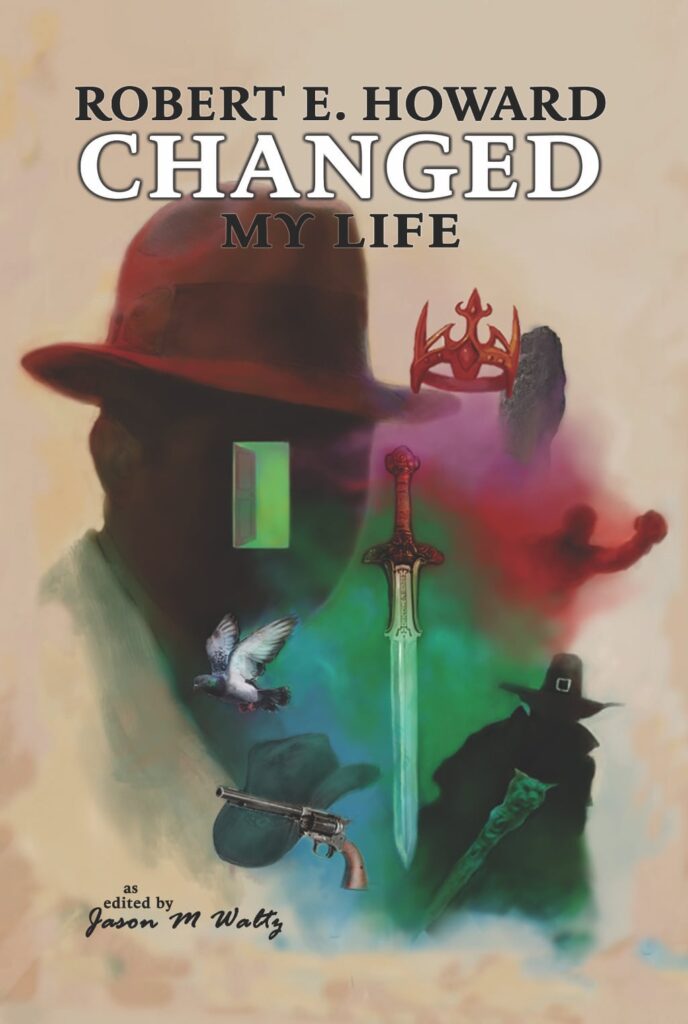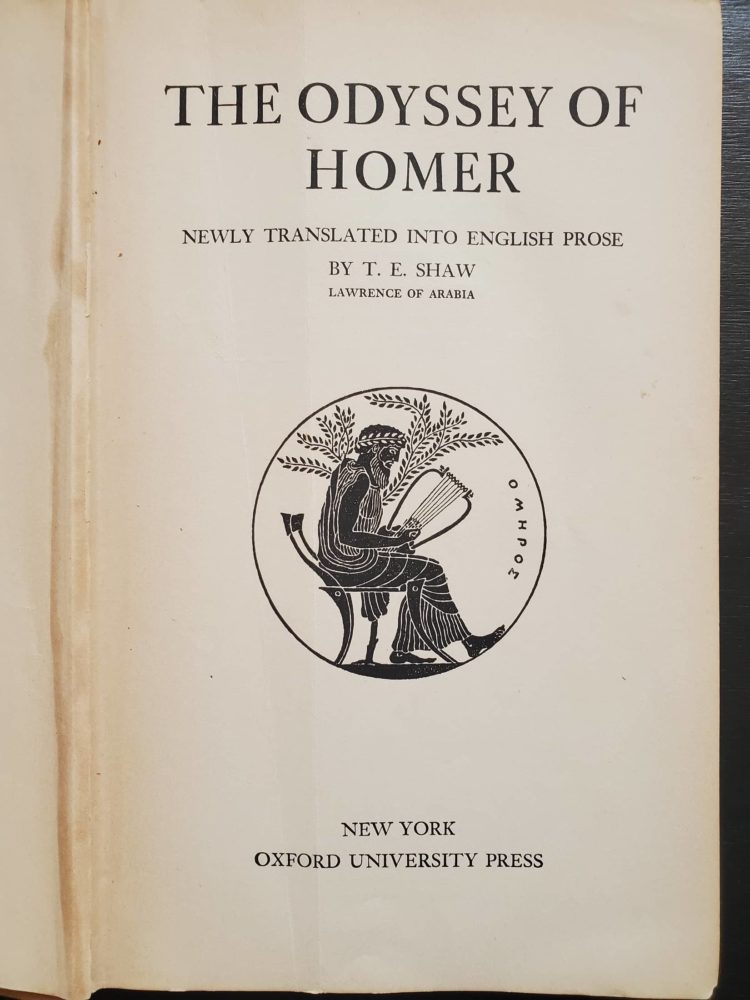Tachyon tidbits featuring Kameron Hurley, Carrie Vaughn, Michael Swanwick, Elly Bangs, Michael Moorcock, and Jacob Weisman
The latest reviews and mentions of Tachyon titles and authors from around the web.

Kameron Hurley 
Carrie Vaughn
Photo by Helen Sittig
Michael Swanwick
Photo by Beth Gwynn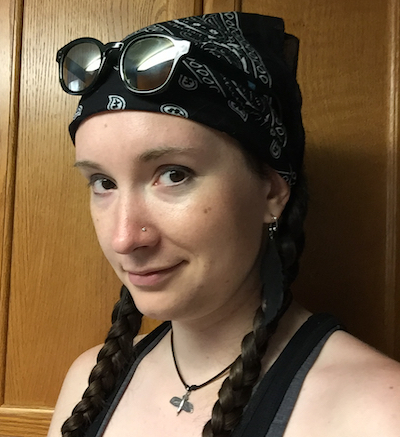
Elly Bangs 
Michael Moorcock
Source: A.V. CLUB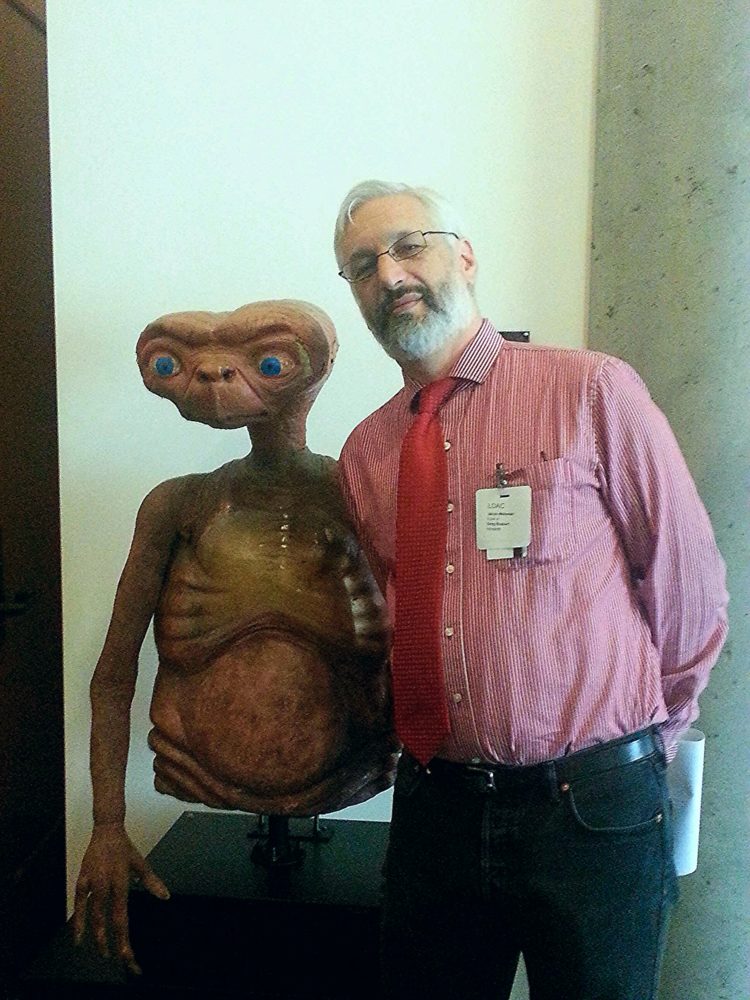
Jacob Weisman
Photo by Jill Roberts
ECHOES OF AN EMPTY MIND praises Kameron Hurley’s MEET ME IN THE FUTURE.
I must confess that I was not aware of Hurley, or her work, prior to reading this collection of stories, and the fault rests sorely on me. Thankfully, the situation was rectified when I received the KCLS Surprise Book Bag, and Hurley now joins the list of authors whose work I will diligently follow in the future.
A must-read!
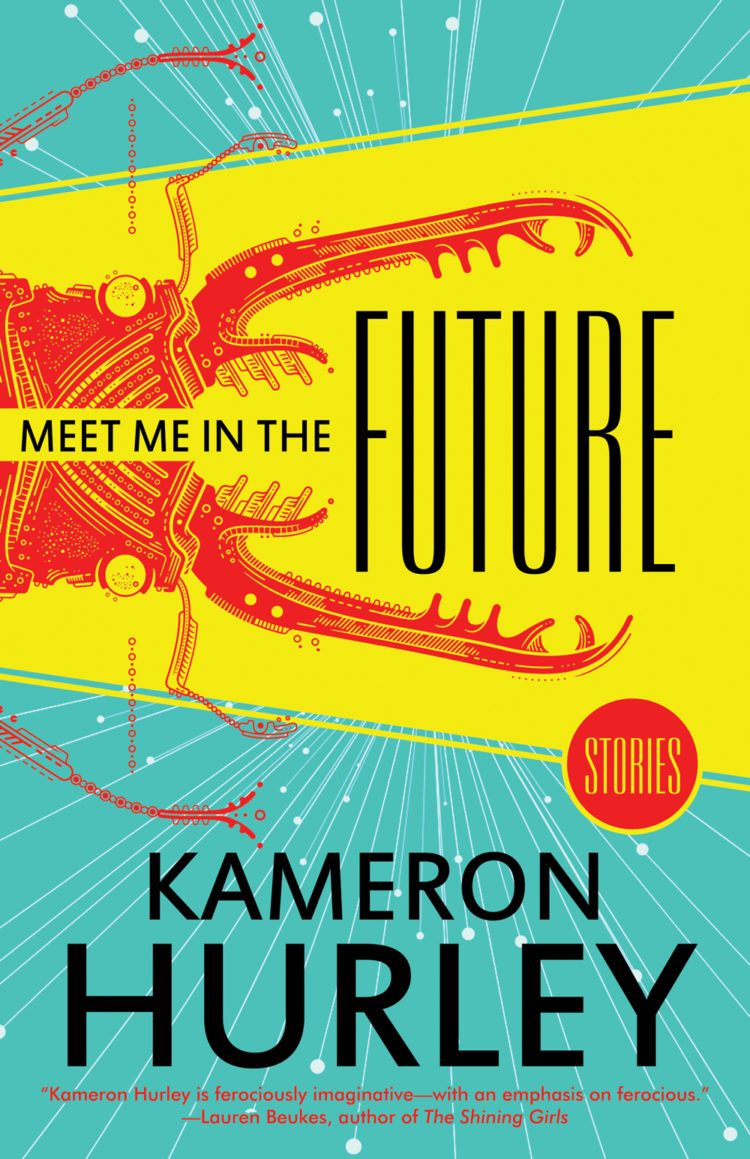
Cover by Carl Sutton
Design by Elizabeth Story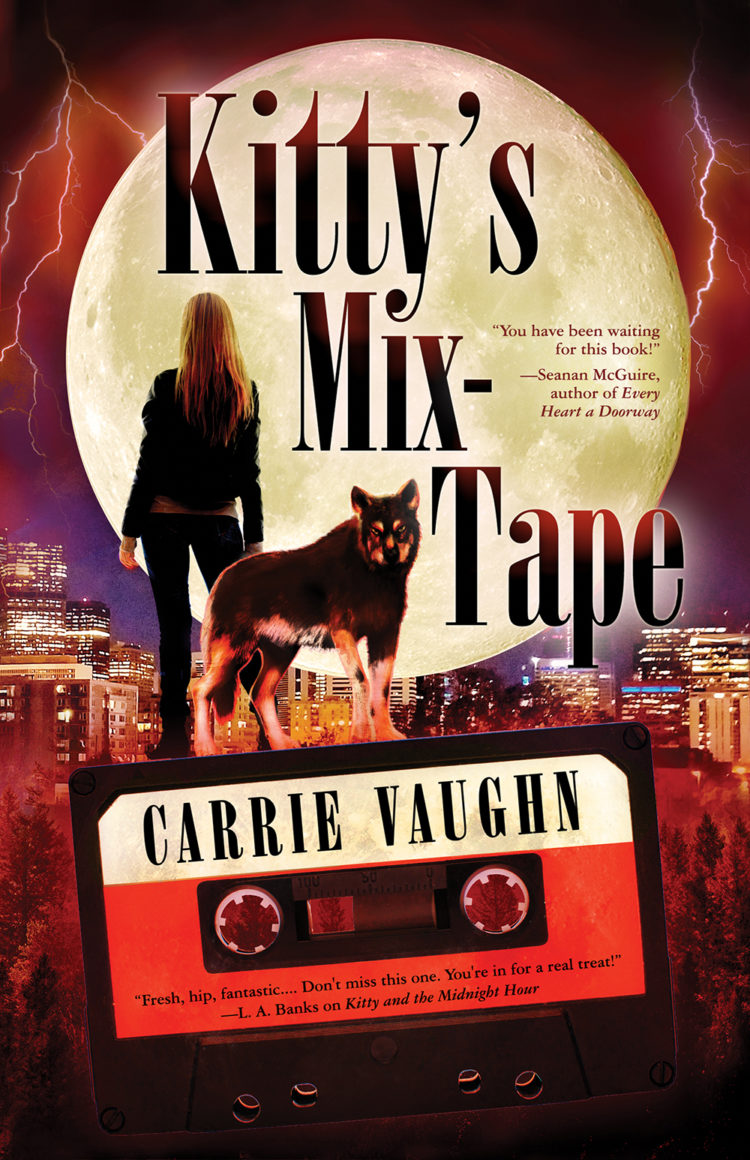
Cover design by Elizabeth Story
Clare O’Beara for FRESH FICTION enjoys Carrie Vaughn’s KITTY’S MIX-TAPE.
Carrie Vaughn is still a compelling writer, and personality shines through each page. She provides a note on her series at the end of the book, and leaves the door open for more Kitty tales in the future. KITTY’S MIX-TAPE is fantastic dip-into reading, each short tale illuminating another corner of the urban fantasy world.
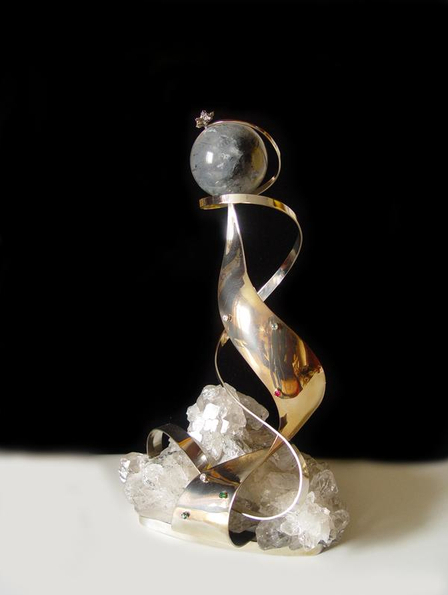
On his blog FLOGGING BABEL, Michael Swanwick reports that he was given the Aelita Award.
Something astonishing happened to me over the weekend.
I was given the Aelita Award.
The Aelita was named after the 1923 science fiction novel Aelita by Alexei Tolstoy and is presented at Aelita, (also named after the novel), Russia’s oldest science fiction convention. The award was created in 1981 to honor a lifetime contribution to Soviet science fiction. Later, this became Russian science fiction and last year it was decided to expand the remit to cover SF globally.
I am gobsmacked, as our British cousins say, to be the first American ever to receive this award. For reasons that are all too familiar to everyone, the Aelita conference was virtual this year so I didn’t get to return to Ekaterinburg, a city I am very fond of, But that didn’t make the honor any less sweet.
CLARKESWORLD in Issue 172, January 2020, offers Ell Bangs’ short story “Deep Music“.
The emergency call came in before the seagulls had even started crying. It found Quinn lying sleepless on the leaky air mattress she’d set up in the back of the shop, balancing an untouched glass of hours-old scotch on her stomach. She fumbled for her phone and raised an eyebrow at the severity rating the user had entered on the online form: it sounded like there had already been some property destruction.
She took solace in her matching pants and suit jacket, clean and well creased, draped over the back of her chair. So what if her head ached and her eyes burned. So what if the world was shit and life was pain: at least she’d meet the day looking sharp. She laced up her high-tops and smoothed down the new growth on her undercut, then walked down the line of shelves as she looped her necktie, checking on each of the five-gallon jars: tapping her fingers on the happier ones, sprinkling salt or mineral solution on those in need. The jar closest to the door jittered and clinked at her approach. “No time to hang out, Digby,” she told it. But when it kept sloshing insistently, she sighed and lowered in the little waterproof keyboard.
YU NIISE DDO IUS KNIDKNIDENSE, the water inside typed. UNDARSTENDD DEP OCEANOIOSE YOOU DO IS GOOOD TOO NOW CEMBBOE ARBA BA BAM ABORMASDRO ADROABER
BLACK GATE shares Michael Moorcock’s contribution to Robert E. Howard Changed My Life.
Robert E. Howard wrote directly in a tradition going back to the first great American hero Natty Bumppo and the first great American novelist, Fenimore Cooper, who shared the same puritanical suspicion of ‘civilization’ and authority with Conan and most of Howard’s other heroes. Based firmly on the legend of Daniel Boone, already fictionalized in broadsheets and shilling shockers published everywhere in America and Europe, the Romantic American was soon established as a popular figure of fiction and folklore. Indeed, on occasions the American ‘noble savage’ often sold better in what would be considered over-civilized European nations than he did in his native land (where the reality might have been at closer proximity to readers in Saint Louis and Memphis than to those in London or Moscow). This explained the massive bestsellers featuring ‘free spirits’ often found in the Gothic novels which were frequently selling at the same time! Romance of this kind would often be pilloried by more sophisticated authors of the day but not by the likes of Robert Louis Stevenson, Alexandre Dumas or Karl May (whose Old Shatterhand continued his career, like the others, in films well into the 20th century).
Also at BLACK GATE, Jacob Weisman discusses his recent purchase of T. E. Shaw’s translation of Homer’s Odyssey.
I bought a book last week from a bookseller on Instagram, the first time I’ve ever done that. It was a copy of T. E. Shaw’s translation of Homer’s Odyssey. Yes, that T. E. Shaw, Lawrence of Arabia.
The book is old, beat, and tired. It’s probably a twelfth printing, depending on how you count such things, but what caught my attention was that the seller had included a photo of the previous owner’s signature, Guy Davenport, Jr., and the signature was dated 1945.
Did this copy of the book belong to Guy Davenport, a minor but very interesting science fiction writer who won a MacArthur fellowship in 1990? I bought the book and then started to research.
I’ve found nothing conclusive, but everything points in that direction. Davenport was named after his father Guy Mattison Davenport and was, in fact, a Junior. Davenport would have been 18 years old in 1945, just the right age to read the book in either his first year of college or his last in high school. He taught for 27 years at the University of Kentucky and lived in Kentucky for another 15 years until his death in 2005, so the book turned up in the correct geographical location.
In Karen Haber’s LOCUS review of The Fairy Tales of Oscar Wilde: An Illuminated Edition by Oscar Wilde & Yuko Shimizu, she name-checks Tachyon.
Historically, small presses have been the refuge of non-mainstream writers and artists, whose work they have nurtured and promoted. In the SFnal field they have provided an important home for many award-winning writers (I’m looking at you, Tachyon). In addition to Tachyon Publications right here in the SF Bay Area, the small press list includes so many important publishers I can’t list them all, but here are a few: Centipede, Arc Manor, 3 Rooms Press. Each of these organizations is deserving of praise. Several – Centipede, Tachyon – focus not merely on text but on book design and illustrations. Beehive Books must be added to the list with its varied, gorgeous, crowdfunded limited editions.

